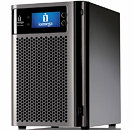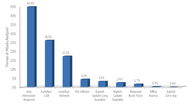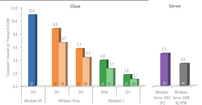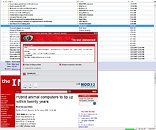Game Developers Conference gets Postponed due to COVID-19 Concerns
Game Developers Conference is perhaps one of the biggest organizations in the gaming industry, covering everything from gaming hardware to games themselves. This year's GDC event was planned to happen on March 16th, however, due to the Coronavirus COVID-19 concerns, the GDC organization has decided to postpone the event. This doesn't mean that the conference will not happen at all. Instead, the GDC organizers plan to host the event sometime "later in the summer", when hopefully the COVID-19 concerns will settle. To add, Facebook also canceled its F8 Developer Conference, along with Open Compute Project (OCP) Global Summit which also got canceled due to virus outbreak fears.
Being that Computex is happening within three months, there are growing concerns that the event may not happen at all, however, we can hope that the situation will be resolved soon and that we can bring you live coverage of the event.
Being that Computex is happening within three months, there are growing concerns that the event may not happen at all, however, we can hope that the situation will be resolved soon and that we can bring you live coverage of the event.











